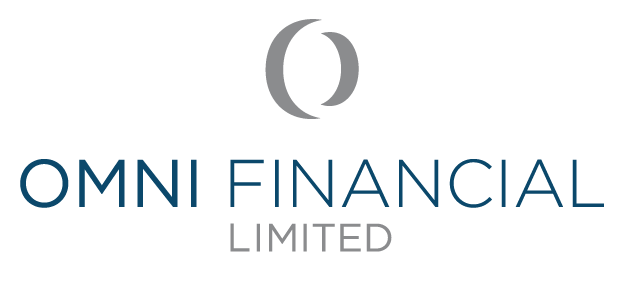NISAs - End of Year, Part 2
- Omni Financial Ltd
- Mar 16, 2015
- 3 min read

As the end of the financial year approaches in April,
If one of your New Year’s resolutions for 2015 was to improve your finances and ensure that you maximise your savings, the new tax year is an important time.
New increased limits on tax exempt savings pots in the form of NISAs have come into effect and in the next month NISA providers will be offering the best deals in the hope they will get your business.
Therefore, if you haven’t got an NISA already, now may be the time to open one, and if you have one already, it might be worth considering how it is performing and whether you can get a better deal? This is where Omni Fiancial Ltd can help.
Start your new NISA
If you open a new NISA now you have until April 6th to use up your annual tax free savings allowance, meaning that if so far if you’ve deposited nothing in any NISAs you can use the full £15,000. If you’ve already saved money in one NISA this tax year and want to shift it over to a new account with a better rate, you are free to do so and to top it up to £15,000. Following April 6th 2015 you will have another full tax year to invest in, and the tax free limit for 2015-16 has gone up to £15,240. In order to make the most of the opportunity you could save regularly and realistically, and it makes sense to consider channelling as much of your spare cash as possible towards your NISA.
Create a savings plan
The more of the tax allowance you take advantage of, the better, so in order to make the most of your NISA, you need to develop a sustainable savings strategy. Firstly, if there are major outstanding unsecured debts like loans, credit or store cards, pay them off as quickly as possible as they will eat into your wealth quicker than you can save. Secondly, once you’ve dealt with debt, you need to conduct a one month spending diary, examining where you are paying too much or what you are spending unnecessarily on. From this you should be able to see where your money is going and what you can cut back on, and what can be saved. For many people, the money audit is quite a sobering experience, but it should help you realistically see what your potential for saving actually is.
Check rates on older NISA's.
When you’ve gone to the time and trouble to audit yourself like this, it makes no sense to allow money to slip through your fingers in other ways. Now you need to audit any of the NISAs or other savings accounts that you already have, to make sure that they are working as hard as you are.
Keeping your wealth concentrated in the NISA that has the best rate is also essential if you have a stocks and shares ISA, and in this case you need to make sure that the account has the lowest fees and charges you can find.
You can move the money to a new NISA with a better rate. Please contact us to find out more.
If you are looking for cash NISAs with the best rate or a stocks and shares NISA with the lowest charges, you might benefit from some professional financial advice, Omni Fiancial are here to help.
THE VALUE OF INVESTMENTS AND INCOME FROM THEM MAY GO DOWN. YOU MAY NOT GET BACK THE ORIGINAL AMOUNT INVESTED
LEVELS AND BASES OF AND RELIEFS FROM TAXATION ARE SUBJECT TO CHANGE
THE VALUE OF TAX SAVINGS ON A NISA DEPENDS ON THE INDIVIDUALS’ CIRCUMSTANCES




Comments